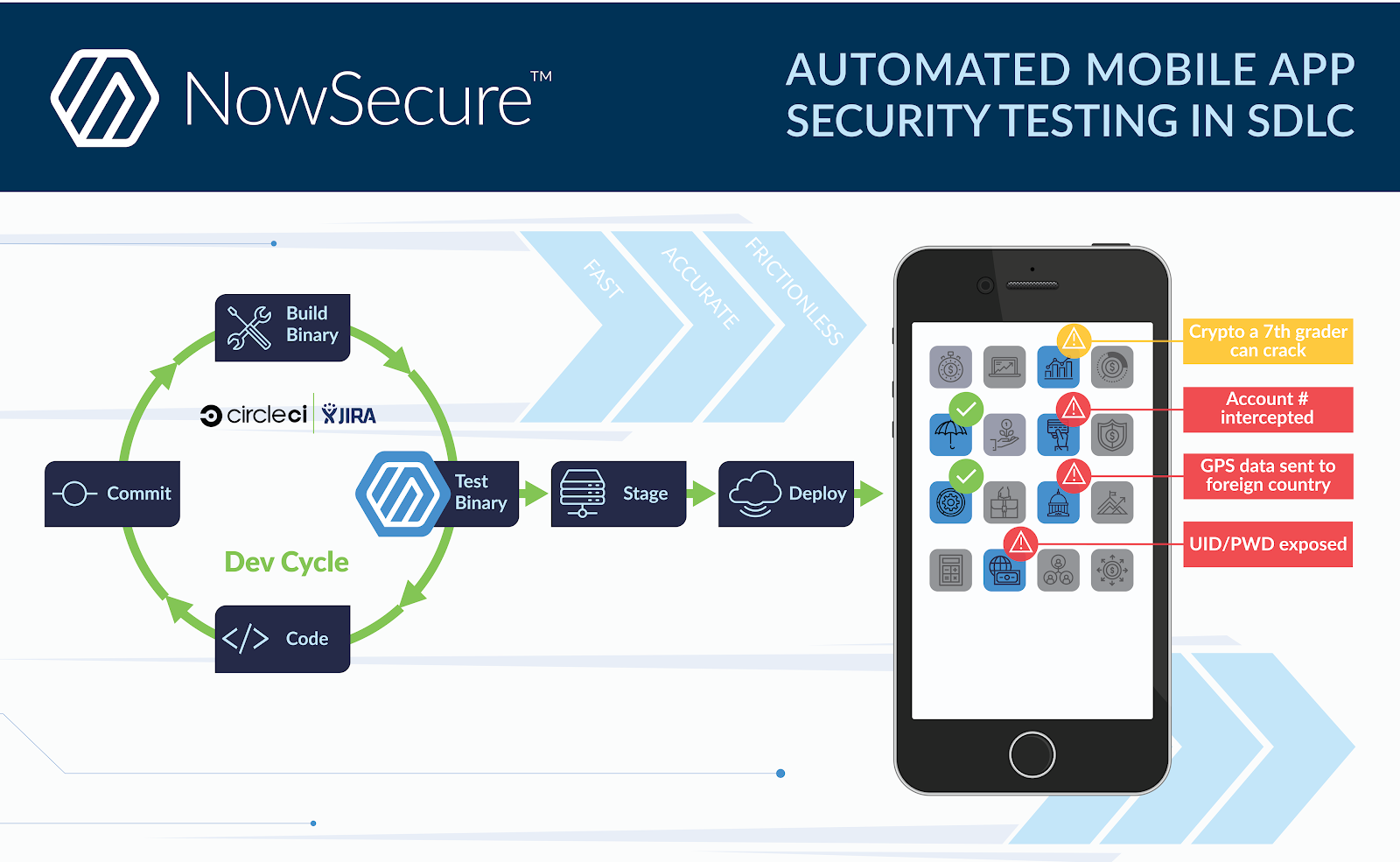Mobile App Integration: Authentication and Security Concerns

Introduction
Mobile app integration has become a crucial aspect of modern businesses, allowing them to connect with their customers and provide seamless experiences. However, with the increasing reliance on mobile apps, authentication and security concerns have become major challenges that need to be addressed.
In this blog post, we will explore the importance of authentication and security in mobile app integration, and discuss the potential risks and best practices to ensure the safety of user data and protect against unauthorized access.
1. The Importance of Authentication in Mobile App Integration
Authentication is the process of verifying the identity of a user or device before granting access to resources or services. In mobile app integration, authentication plays a crucial role in ensuring that only authorized users can access sensitive information or perform specific actions within the app.
1.1 User Authentication
User authentication is the most common form of authentication in mobile apps. It typically involves the use of usernames and passwords, biometric data, or two-factor authentication methods to verify the user’s identity. Implementing strong user authentication mechanisms is essential to prevent unauthorized access to user accounts and protect sensitive data.
1.2 Device Authentication
In addition to user authentication, mobile app integration should also consider device authentication. Device authentication ensures that only trusted devices can access the app and its associated services. This can be achieved through device-specific identifiers, such as unique device IDs or digital certificates, to establish trust and prevent unauthorized access.
2. Security Concerns in Mobile App Integration
While mobile app integration offers numerous benefits, it also introduces various security concerns that need to be addressed to protect user data and maintain the integrity of the app.
2.1 Data Encryption
Data encryption is a fundamental security measure that should be implemented in mobile app integration. By encrypting sensitive data, such as user credentials or transaction details, even if an unauthorized party gains access to the data, it will be unreadable and unusable without the decryption key.
2.2 Secure Communication
Secure communication protocols, such as HTTPS, should be used to establish a secure connection between the mobile app and the server. This ensures that data transmitted between the app and the server is encrypted and protected from interception or tampering.
Summary
Mobile app integration has revolutionized the way businesses interact with their customers, but it also brings along various authentication and security concerns. As mobile apps handle sensitive user data, it is crucial to implement robust authentication mechanisms to verify the identity of users and prevent unauthorized access.
One of the primary concerns is the risk of data breaches and unauthorized access to user information. To mitigate this risk, developers should implement secure authentication protocols such as two-factor authentication, biometric authentication, or OAuth. These methods add an extra layer of security and ensure that only authorized users can access the app and its features.
Another important aspect is securing data transmission between the mobile app and the backend servers. Implementing secure communication protocols such as HTTPS and SSL/TLS encryption helps protect sensitive data from interception and tampering.
Furthermore, mobile app integration should also consider the security of third-party APIs and services used within the app. It is essential to thoroughly vet and select trusted providers, ensuring they have robust security measures in place to protect user data.
In conclusion, mobile app integration brings numerous benefits, but it also introduces authentication and security concerns. By implementing strong authentication mechanisms, securing data transm More Info ission, and carefully selecting third-party services, businesses can ensure the safety of user data and provide a secure mobile app experience.
- Q: What is mobile app integration?
- A: Mobile app integration refers to the process of incorporating external services, APIs, or functionalities into a mobile application.
- Q: Why is authentication important in mobile app integration?
- A: Authentication is crucial in mobile app integration to ensure that only authorized users can access the integrated services or APIs, protecting sensitive data and preventing unauthorized usage.
- Q: What are some common authentication methods used in mobile app integration?
- A: Common authentication methods include username/password authentication, social media login (e.g., using Facebook or Google credentials), and token-based authentication (e.g., OAuth).
- Q: What security concerns should be considered in mobile app integration?
- A: Some security concerns include data breaches, unauthorized access to sensitive information, insecure data transmission, and potential vulnerabilities in integrated APIs or services.
- Q: How can security be enhanced in mobile app integration?
- A: Security can be enhanced by implementing secure authentication methods, encrypting sensitive data, using secure communication protocols (e.g., HTTPS), regularly updating integrated APIs or services to patch vulnerabilities, and conducting security audits.
- Q: What measures can be taken to protect user privacy in mobile app integration?
- A: To protect user privacy, it is important to obtain user consent for data collection and usage, securely store user data, and comply with relevant privacy regulations such as GDPR or CCPA.

Hello, I’m Brayden Denman, a passionate and experienced Mobile App Developer specializing in Cloud Computing, Software Development, Mobile App Integration, and AI & Machine Learning. With a strong background in these fields, I strive to create innovative and user-friendly solutions that meet the ever-evolving needs of businesses and individuals.
Introduction Mobile app integration has become a crucial aspect of modern businesses, allowing them to connect with their customers and provide seamless experiences. However, with the increasing reliance on mobile apps, authentication and security concerns have become major challenges that need to be addressed. In this blog post, we will explore the importance of authentication…

Hello, I’m Brayden Denman, a passionate and experienced Mobile App Developer specializing in Cloud Computing, Software Development, Mobile App Integration, and AI & Machine Learning. With a strong background in these fields, I strive to create innovative and user-friendly solutions that meet the ever-evolving needs of businesses and individuals. Read More.
Recent Posts
- Challenges in Cross-Platform Digital Asset Search and Retrieval
- The Role of AI in Enhancing Digital Asset Retrieval
- Implementing Automation in Digital Asset Recovery Processes
- Digital Asset Retrieval: Addressing Security and Privacy Concerns
- Optimizing Metadata for Quicker Digital Asset Discovery
- Overcoming Barriers in Searching and Accessing Digital Assets
- Best Practices for Efficient Digital Asset Retrieval
- Harnessing the Power of Deep Learning: A Beginner’s Guide
- Scalability Issues in Large-Scale Machine Learning Projects
- Navigating the Ethical Challenges of AI Implementations
